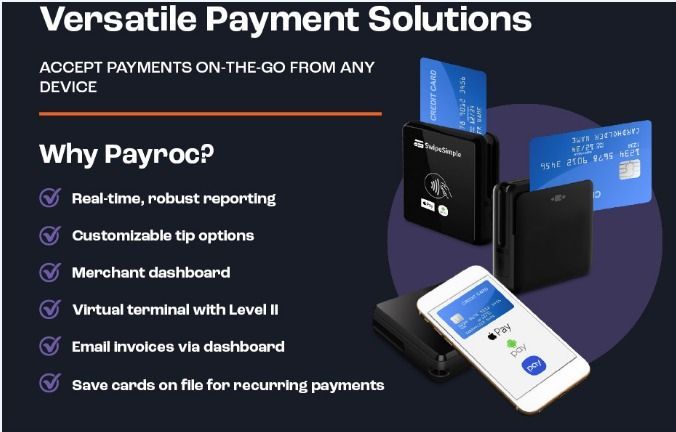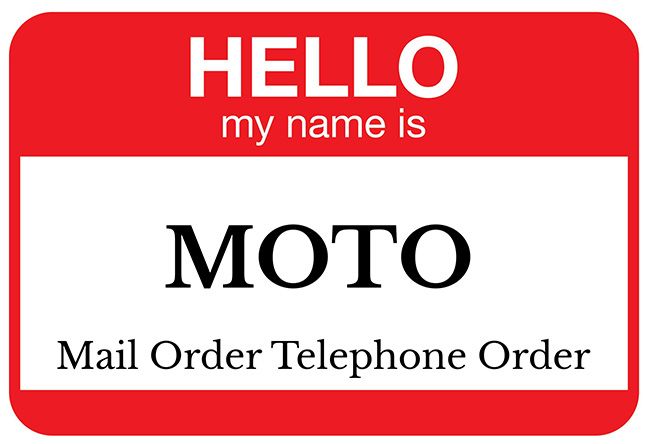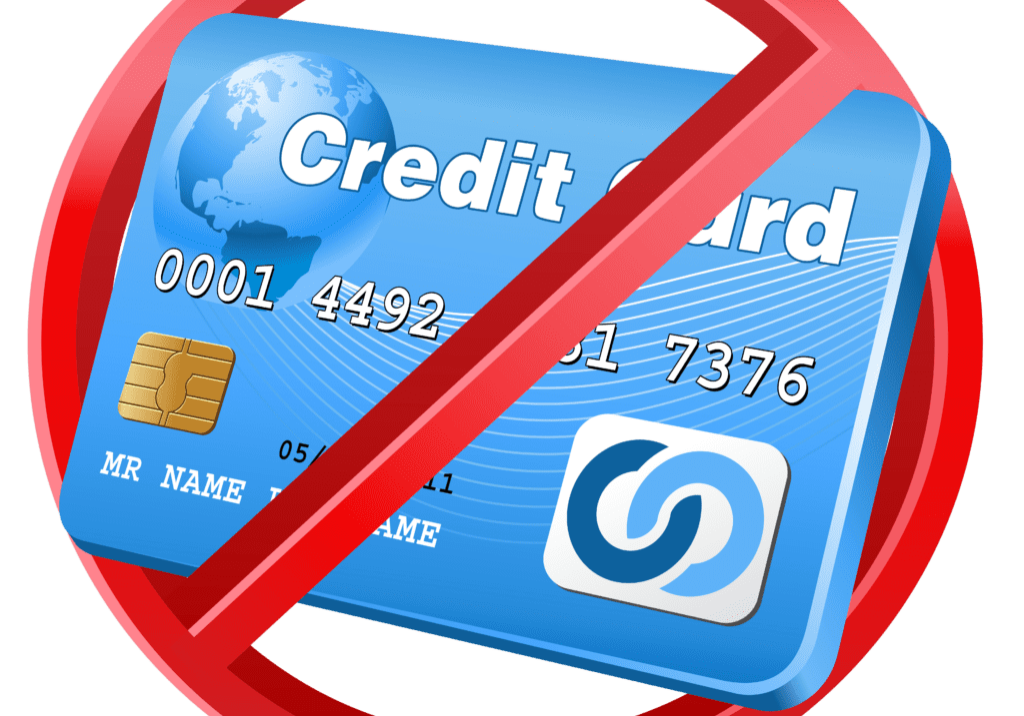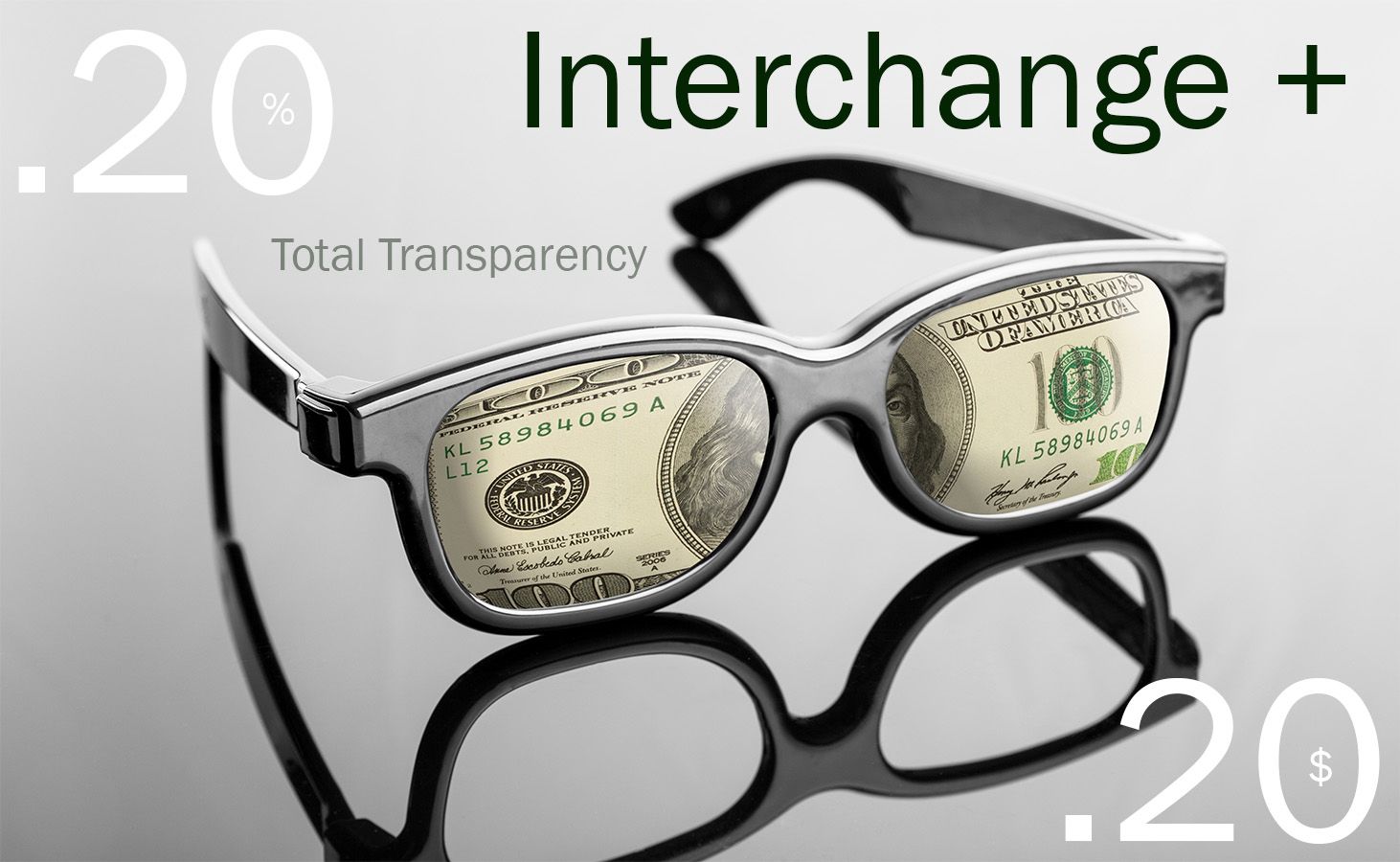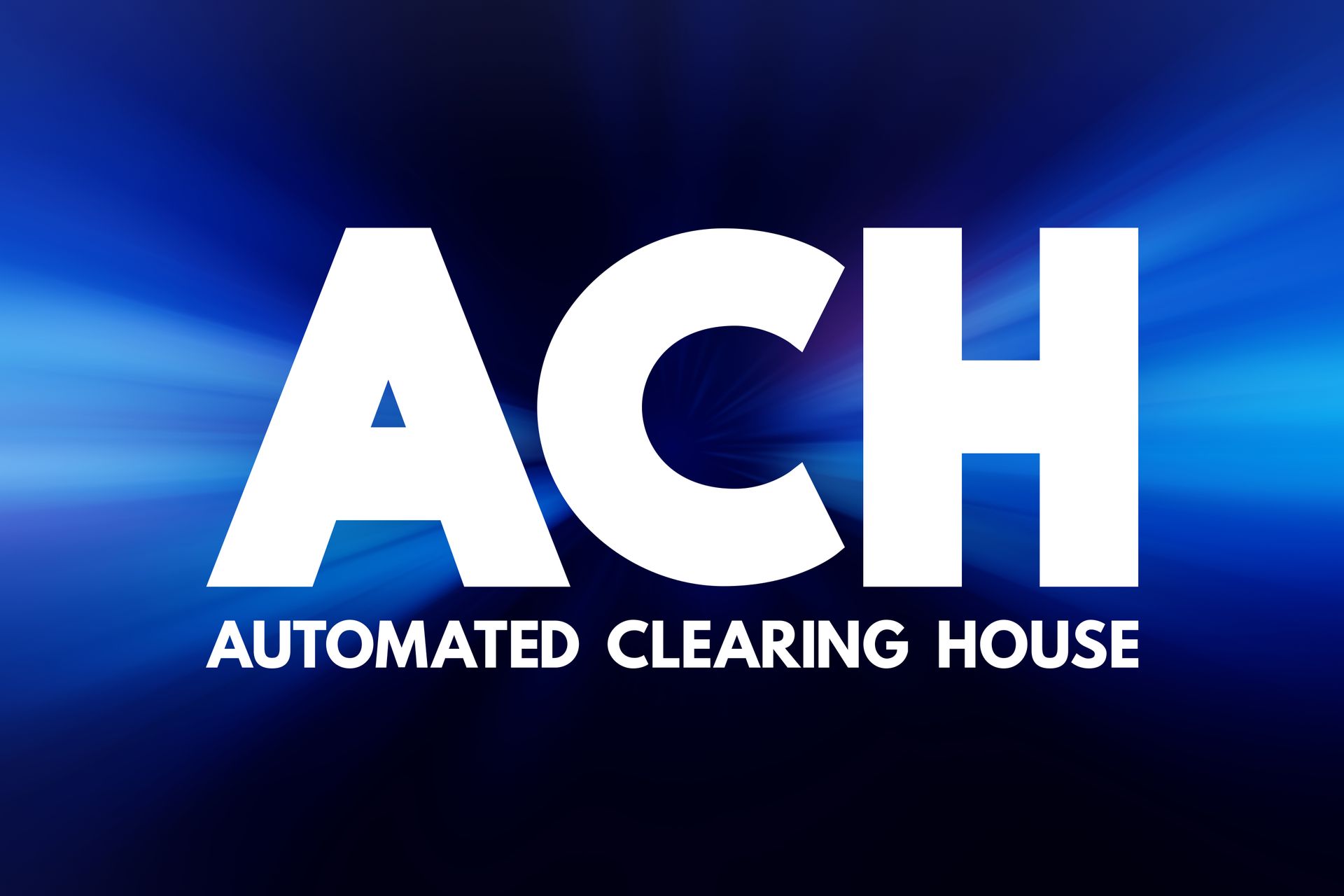Surcharging vs. Cash Discounting
WPC Merchant Services & Credit Card Processing
Understanding Cash Discounting

Before we can discuss the difference between Surcharging and Cash Discounting, we need to remember the Durbin Amendment.
In 2010 the Dodd-Frank Wall Street Reform and Consumer Protection Act there was a provision called the Durbin Amendment. The amendment regulates debit card interchange fees, which are fees that merchants pay to card issuers when customers use debit cards to make purchases.
The Durbin Amendment limits the interchange fees that large banks can charge merchants for debit card transactions which is .05%. It also allows merchants to choose which network they use to process debit transactions. Additionally, it requires that banks offer at least two unaffiliated debit card networks to merchants for processing transactions. The purpose of the Durbin Amendment is to promote competition in the debit card market and to reduce the costs of debit card transactions for merchants. It is named after Senator Richard Durbin, who introduced the provision. It is important to note that the Durbin Amendment only applies to debit cards, not credit cards. Credit card interchange fees are still largely unregulated in the United States.
This is where Surcharging comes in. Surcharging credit card processing refers to a practice where merchants charge customers an additional fee for using a credit card to make a payment. This fee is meant to offset the cost of processing credit card transactions, which can be significant for merchants, particularly for small businesses. Surcharging is legal in some countries, including the United States, but there are restrictions on how it can be implemented. In the U.S., merchants are only allowed to surcharge credit card transactions, not debit card transactions, and they must comply with certain rules and regulations set forth by the major credit card networks.
For example, merchants who choose to surcharge must disclose the surcharge amount to customers before they make a purchase, either at the point of sale or online. They must also clearly indicate the surcharge on receipts and credit card statements. Additionally, the surcharge cannot exceed the actual cost of processing the transaction, which cannot be more than 4% of the total transaction amount.
It is important to note that while surcharging can help merchants offset the cost of processing credit card transactions, it can also deter customers from using credit cards and potentially hurt sales, however, becoming more mainstream in 2022. Additionally, some states in the U.S. Connecticut and Massachusetts have banned surcharging altogether.
Now, the confusion. The I-Team Published: Oct. 12, 2022, at 6:06 PM EDT|Updated: Oct. 12, 2022 at 7:08 PM EDT by Sam Smink “It’s illegal to charge a fee for using a credit card in CT, but how often is it happening?” (Source: https://www.wfsb.com/2022/10/12/i-team-its-illegal-charge-fee-using-credit-card-ct-how-often-is-still-happening/) You need to read down to the bottom of the article to understand how It’s legal to charge customers for credit card fees. In fact, quoted here “As for gas stations, which Consumer Protection says many people bring up, they can’t add a surcharge, but they have to show you the cash price and credit price, if they differ.”
Which leads to Cash Discounting. Cash discounting is a pricing strategy where a merchant offers a discount to customers who pay with cash instead of credit or debit cards. The discount is typically a small percentage of the total purchase price, no more than 4%. This strategy is becoming increasingly popular among small business owners who want to reduce their credit card processing fees and encourage customers to pay with cash.
There are several publications that have cited the increasing popularity of cash discounting. Here are a few examples:
- Forbes: In a 2021 article, Forbes cited cash discounting as a payment processing trend that is gaining popularity among small businesses looking to reduce their payment processing fees.
- Payments Source: In a 2020 article, Payments Source reported that the COVID-19 pandemic had accelerated the adoption of cash discounting as more merchants looked for ways to reduce costs and incentivize customers to pay with cash.
- Digital Transactions: In a 2019 article, Digital Transactions reported that cash discounting was gaining traction among small businesses, and that payment processing companies were increasingly offering cash discounting programs to their merchant clients.
These are just a few examples, but there are many other publications that have cited the increasing popularity of cash discounting in recent years.
Cash discounting is legal in the United States including Connecticut and Massachusetts, but here are some guidelines that merchants must follow to avoid running afoul of credit card company policies and state laws:
- Disclose the cash discount
- Apply the discount uniformly
- Avoid misleading language
- Comply with local laws
- Use compliant payment processing technology
It is important for merchants to understand the guidelines and regulations associated with this strategy and to avoid any legal issues consult with an attorney or merchant service professional to ensure that their cash discounting programs comply with all relevant laws and regulations.
Cash discounting can be an effective way for small businesses to save money on credit card processing fees and incentivize customers to pay with cash. The increased popularity of cash discounting can be attributed to several factors. First, many merchants are looking for ways to reduce their payment processing fees, which can be quite high for credit and debit card transactions. Cash discounting allows merchants to pass on these fees to customers who choose to use cards, while still providing an incentive for customers to pay with cash.
Secondly, cash discounting has become more feasible due to advances in payment processing technology. With modern point-of-sale systems, it is easier for merchants to apply discounts and adjust prices based on the payment method.
Cash discounting has gained traction due to the widespread acceptance of credit and debit cards, which has led to increased competition among payment processing companies. As a result, merchants have more options when it comes to choosing a payment processing provider that offers cash discounting programs.
WPC Merchant Services & Credit Card Processing is a company that provides credit card processing solutions for all types of businesses. They offer a range of services that help businesses accept credit and debit card payments, including point-of-sale (POS) terminals, virtual terminals, mobile payments, and online payments.
WPC also offers additional services, such as charge back management, fraud prevention, and merchant cash advances. These services are designed to help businesses manage their finances and reduce the risk of financial losses due to charge backs or fraudulent transactions. Worldwide Products Corp. provides a convenient and secure way for businesses to accept payments, allowing them to expand their customer base and increase sales. Call (855) 972-2867 or visit
wpc.services to schedule a free consultation.
Saving Merchants Thousands, One BLOG at a Time
